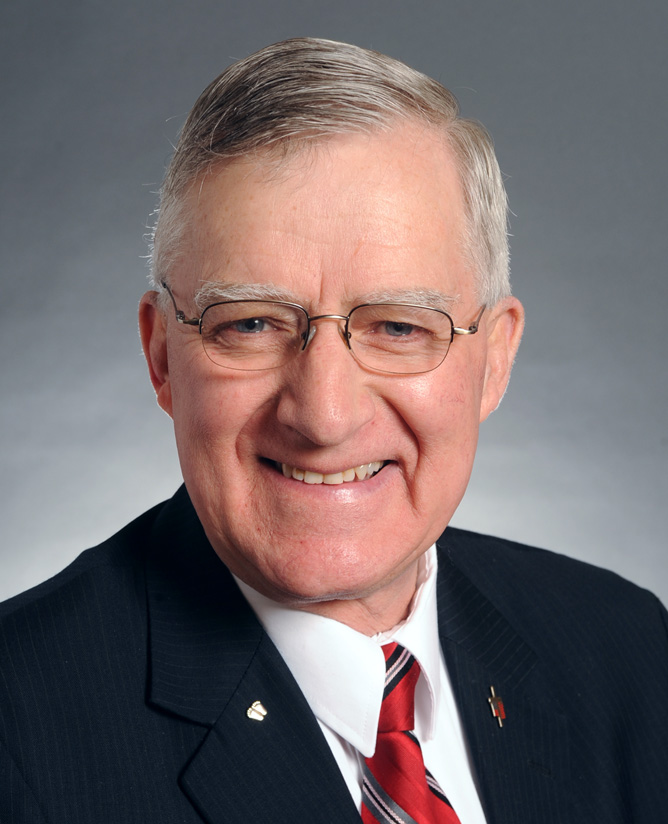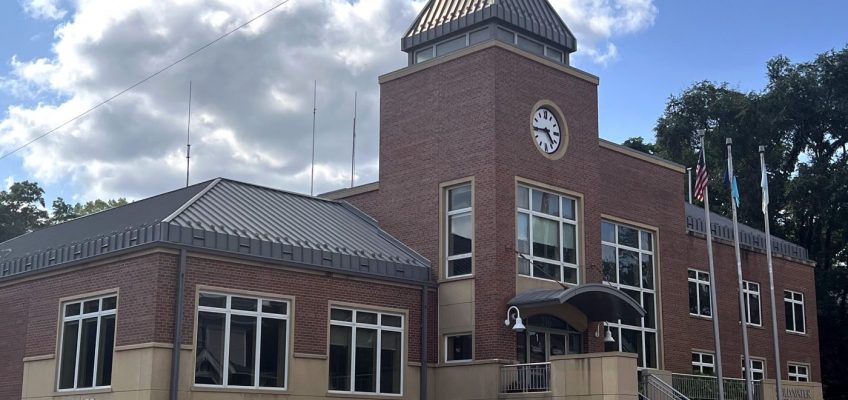LOS ANGELES — Kody Clemens took the mound in the eighth inning on Sept. 5, 2022, his team down by 10 runs. It was an otherwise forgettable game for the Detroit Tigers, who were getting blown out by the Los Angeles Angels. But it was certainly memorable for Clemens.
That’s because one of the batters he faced was two-way superstar Shohei Ohtani, now with the Dodgers, who Clemens and the Twins are playing this week in Los Angeles. Ohtani fouled off the first pitch he saw, watched a ball go by, fouled off one more and then looked at strike three, a 68.4 mile per hour pitch from Clemens.
“We’re basically conceding the gam. But when I had to face him, I was locked in,” Clemens said. “I was hoping something cool would happen. I wasn’t really expecting him to not swing. Once I struck him out, it was just like kind of pure emotion. Didn’t think that was going to happen. I was just like very shocked. It was super cool.”
Ohtani signed the ball for Clemens, which is now in his house in Texas. That ball made some history for Clemens, putting him and his father in the history books as the father-son duo with the most combined strikeouts in the major leagues. Kody now has two. His dad, Roger, has 4,672.
Ohtani himself is all over the record book. And with the Twins facing the Dodgers this week — Ohtani started Monday night’s game in an abbreviated outing as he builds his way back from elbow surgery in 2023 — the Twins couldn’t help but marvel at his ability.
“(It’s) not hard to look at the guy and truly appreciate the things he’s doing, because nobody else is really capable of doing it,” manager Rocco Baldelli said. “I don’t think there has been for a very long time, if ever.”
After last year becoming the first and only member of the 50-50 club — at least 50 home runs and 50 stolen bases in a season — Ohtani is compiling another impressive campaign this season. He entered the day top five in the majors in home runs (34), OPS (.990), slugging percentage (.610), among a myriad of other offensive stats. His 93 runs scored are first in the majors.
And this year, after spending all of last year rehabbing his arm, he’s back on the mound, too, where he has also established himself as one of the game’s best. He entered the day with a career 2.97 earned-run average and has finished as high as fourth in Cy Young Award voting in his career.
To be able to do both — and at such a high level — is almost unthinkable for other players.
Twins starter Chris Paddack, for example, threw a bullpen on Monday at Dodger Stadium. Then he came back in the clubhouse, changed, did some arm care and then had to run and lift. It was a full, packed day for the starter — one that, unlike Ohtani’s days, did not include taking swings.
“I can only imagine doing that, but also trying to get your body ready to go hit and be in the lineup to help his team contribute offensively,” Paddack said. “He has to stay disciplined with his routine and be consistent for 185 days. It’s pretty impressive. I can only imagine there’s one guy that can do it.”
And across other side of the field, there’s a great appreciation for what Ohtani is doing.
“He’s one of the best players in the game and probably historically,” third baseman Royce Lewis said. “Just to say I faced him is very exciting.”
Los Angeles Dodgers’ Freddie Freeman, center, is congratulated by teammates after hitting a single to score Shohei Ohtani to win a baseball game against the Chicago White Sox during the ninth inning Wednesday, July 2, 2025, in Los Angeles. (AP Photo/Kevork Djansezian)
Los Angeles Dodgers’ Shohei Ohtani ducks away from a pitch during the eighth inning of a baseball game against the New York Mets, Wednesday, June 4, 2025, in Los Angeles. (AP Photo/Mark J. Terrill)
Los Angeles Dodgers’ Shohei Ohtani celebrates in the locker room after their win against the New York Yankees in Game 5 to win the baseball World Series, Thursday, Oct. 31, 2024, in New York. (AP Photo/Ashley Landis)




